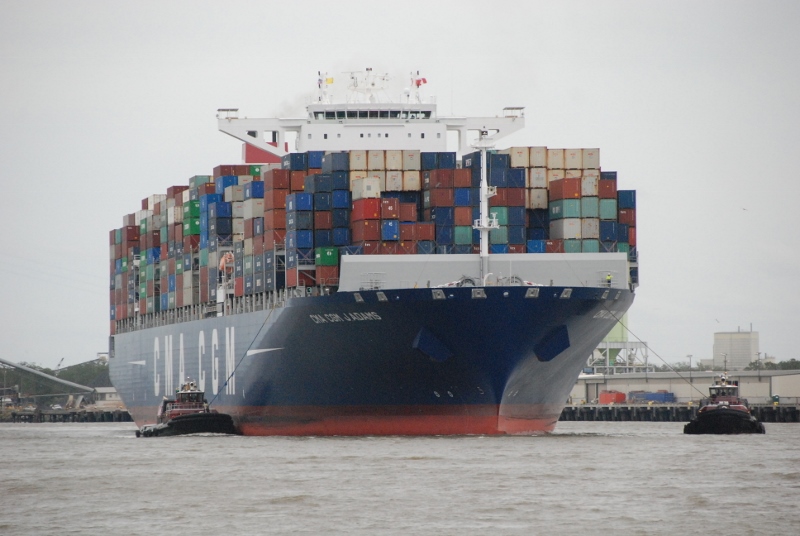On March 1, U.S. ports and ports around the world began to tighten their oversight and started enforcing the International Maritime Organization's 2020 low-sulfur fuel regulation, according to today's U.S. Department of Agriculture, Agricultural Marketing Service, Grain Transportation Report.
The regulation lowered the maximum allowed sulfur content of fuel from 3.5% to 0.5% and officially took effect Jan. 1. However, ships were given a grace period while the industry transitioned. As of March 1, any ships burning or storing high-sulfur, noncompliant fuel may be detained and penalized. Penalties may include a “Notice of Violation” by the Coast Guard and fines between $2,000 to $10,000. In addition, the U.S. Environmental Protection Agency may assess civil penalties of over $75,000 per violation per day, according to American Shipper.
The USDA also reported today that for the week ending Feb. 29, barge grain movements totaled 408,595. This was a 3% increase from the previous week and a 71% increase over the same period last year. For the week ending Feb. 29, 263 grain barges moved down river — 10 barges more than the previous week. There were 479 grain barges unloaded in New Orleans, 9% fewer than the previous week.




